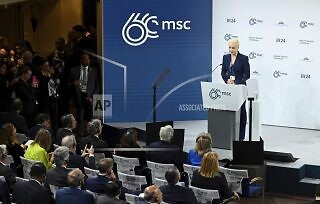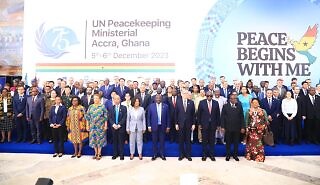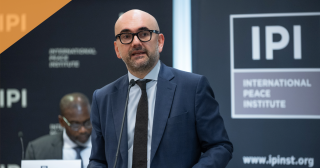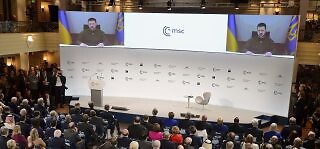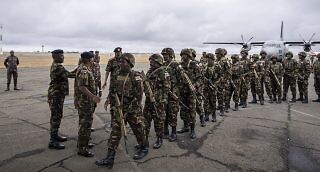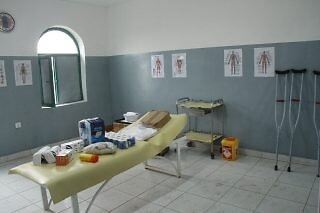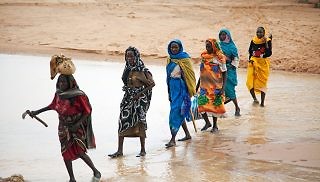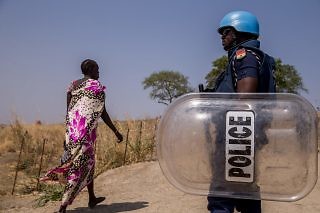It was a moment that no one present will soon forget. Just hours after the news broke of her husband’s death in a Russian prison, Yulia Navalnaya took the stage at the 60th Annual Munich Security Conference (MSC), in a previously unscheduled appearance, immediately following US Vice President Kamala Harris. Few could imagine the strength […]
Author: Jenna Russo
-
-
At first glance, this year’s Ministerial was nothing out of the ordinary. Yet, given policy discussions over the past year, this in itself is significant. Less than a year ago, many stakeholders were questioning whether we had reached the end of UN peacekeeping.
-
Asif R. Khan, Director of UNDPPA’s Policy and Mediation Division and a lead penholder of the New Agenda for Peace, reflects on the policy brief and next steps ahead of the Summit of the Future.
-
This spring marks 75 years since the UN first deployed a peacekeeping mission. Here are some of the challenges peacekeeping is facing, and opportunities for the future.
-
The war in Ukraine has demonstrated the solidarity of the international community, yet there is real work to be done to strengthen solidarity across regions.
-
While the current crisis is unlikely to be resolved without military force, any hope for success requires that operations remain closely tied to a political process, and that neighboring countries remain accountable to support the security and sovereignty of the DRC.
-
Creating an enabling environment for women peacekeepers, including by providing gender-responsive healthcare, is key to the UN achieving its gender parity goals.
-
There are a number of reasons why it is difficult for peacekeepers to protect civilians from sexual and gender-based violence, particularly those forms that fall outside of conflict-related sexual violence.
-
Without a corresponding political process, UN protection activities are an ineffective bandaid in situations of widespread violence.

